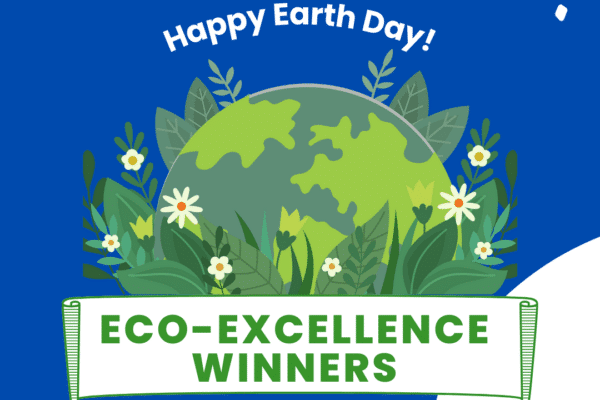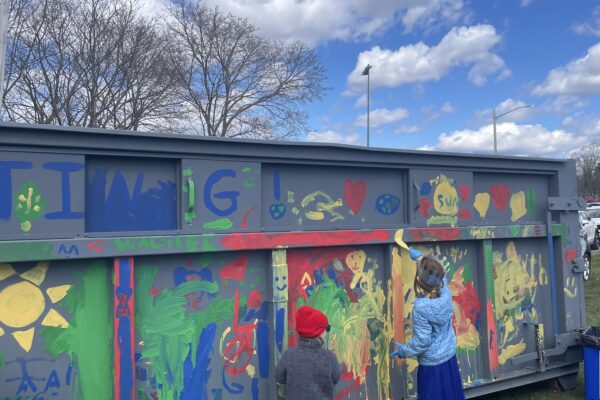Maine’s EPR for Packaging Rules Approved: A Milestone for Sustainable Waste Management
The future of sustainable waste management in Maine just got brighter. Yesterday, the Maine Board of Environmental Protection (BEP) voted to adopt rules recommended by the Department of Environmental Protection (DEP) for the state’s Extended Producer Responsibility (EPR) for Packaging program. This marks a critical step in the implementation of a program poised to revolutionize how Maine manages packaging waste.
What is EPR for Packaging?
EPR is a policy that shifts the financial and operational responsibility for managing packaging waste from municipalities to producers. Under the new program, producers will fund the recycling and disposal of their packaging, incentivizing them to design more sustainable, recyclable materials. This approach reduces costs for local taxpayers while encouraging environmental innovation.
What This Means for Maine Communities
For municipalities, the EPR program represents a significant financial benefit. Currently, local governments shoulder the majority of costs associated with managing packaging waste. By transferring these responsibilities to producers, communities will be able to reallocate resources to other priorities while still improving recycling rates and reducing landfill contributions.
Additionally, the program will foster improvements in recycling infrastructure, from upgrading sorting equipment to expanding curbside collection services, ultimately helping Maine achieve its ambitious waste diversion goals.
ecomaine’s Perspective
At ecomaine, we see this development as a transformative moment for waste management in Maine. Our team has long advocated for solutions that reduce the environmental and economic burden of waste, and EPR is a major step forward. By holding producers accountable for their packaging, we not only reduce municipal costs but also create a system where sustainability is built into product design.
However, challenges remain. Producers and municipalities alike will need time and resources to transition into the program. Collaboration and clear communication will be essential to ensure a smooth rollout and long-term success.
What’s Next?
As the EPR program moves toward implementation, ecomaine is committed to supporting our member communities throughout this process with resources, expertise, and outreach initiatives.
The adoption of these rules isn’t just a win for Maine—it’s a model for other states aiming to create a sustainable, circular economy. Let’s seize this opportunity to lead the way in waste management innovation.
For updates and resources about EPR in Maine, stay tuned to ecomaine’s blog and website.


